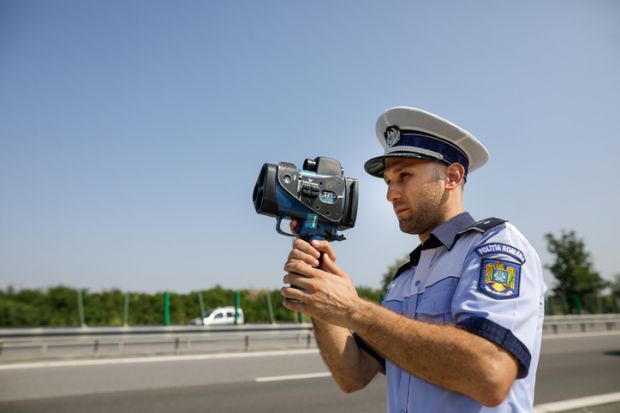Online university lectures used for blended learning should last no longer than 18 minutes, the World Bank’s former director of higher education has recommended.
Speaking at Times Higher Education’s MENA Universities Summit, Francisco Marmolejo, who is now president of higher education at the Qatar Foundation, the state-funded non-profit body that supports eight global universities located in Doha’s Education City, said the pandemic had shown that shorter lectures worked better, particularly for hybrid learning in which online talks are combined with in-person classes – a model commonly adopted by universities in the wake of the Covid crisis.
On what leads to effective student engagement and learning, the Mexican-born education expert, who led the World Bank’s global higher education programmes from 2012 to 2020, said evidence showed that lectures “should last 18 minutes or less” and teachers should use the Socratic method of asking open-ended questions that lead to lengthy dialogue with students.
“These things are now known but the pandemic showed what we should do – over the course of 18 months we learned what did and didn’t work,” said Dr Marmolejo on the rapid switch to online and later blended learning.
While teachers “were able to adapt faster than we ever imagined”, the prolonged period of at-home online learning eventually proved unsatisfactory for students, he told an audience at the American University of the Middle East, in Kuwait, which is hosting the summit.
“First, students were excited, then bored and distracted and later anxious” about online learning, said Dr Marmolejo, who has also served as a higher education specialist for India and South Asia at the World Bank and as international consultant for the Organisation for Economic Co-operation and Development.
With many universities returning to fully in-person teaching, they should consider whether traditional course delivery was still suitable for many students, said Dr Marmolejo, who urged institutions to work with neighbouring universities to create more diverse and interdisciplinary degree courses.
At Education City, where World Cup matches are now being held, undergraduates could design “fully customised degree programmes” in which they were able to enrol on modules across its eight universities, he said. “I know of many other ecosystems where it is possible to do many of these things,” he said.
Asked about Qatar’s hosting of the World Cup and heightened scrutiny of its human rights record, including its treatment of gay citizens, Dr Marmolejo said this was a “unique opportunity for higher education to be seen with a different lens across the world”.
“There is scrutiny from a traditional Western lens which views higher education, the country and the region, using a framework that does not view the values of the region,” he continued, although the “anticipated” scrutiny could also be beneficial. “It is good to view both the good and the bad, and the strengths and weaknesses” of Qatar in this moment, said Dr Marmolejo.
“Many people will see us going about our day-to-day business, interacting with the region and the rest of the world – at the end of the day, we are good human beings who want the best for ourselves and our families,” he said.






